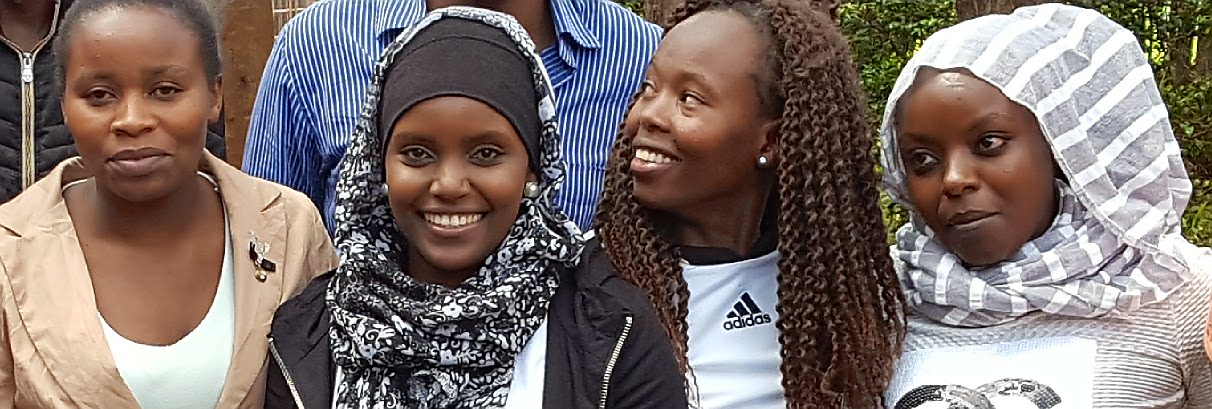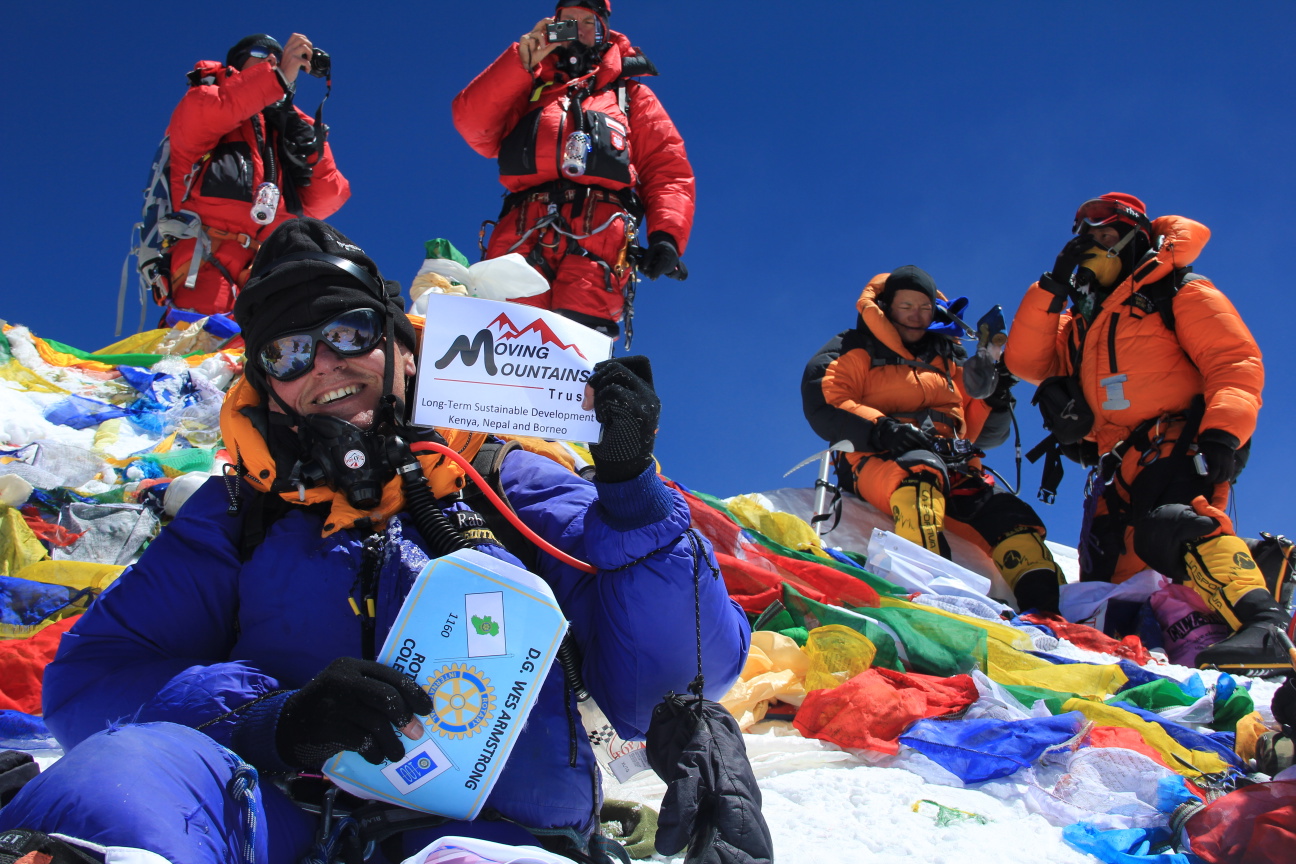
Volunteer Ethics
If it is properly planned and implemented, volunteerism can add value to the economic sector and make people aware of their responsibilities as global citizens. Visitors working under local leadership perform well if there is proper training and properly defined expectations on all sides. Even short term unskilled volunteering works if the individual effort contributes to a proper long-term aim.
Our Trust Deed defines one of our objectives as providing benefits, experiences and opportunities for volunteers through global citizenship and youth development. It’s not only for the well-off, they are not a luxury and they don’t deny someone else a job.
We look for skilled people to work with our employees and partners in Kenya and Nepal to help with some of the programmes and to share their knowledge and abilities for the benefit of the beneficiaries. This could be someone working or studying in (or with experience in) child development, teaching, counselling, mentoring, public health, nursing, social welfare and development or community health.
We also encourage groups of younger unskilled volunteers (school groups for example) to come and help run our street kid summer camps and are great fun and a great way to introduce young people to personal development through international development, travel abroad and independence.
Opportunities for Volunteers
For us, visitors going to spend time with our staff and learning about the work of an NGO is an education in itself and an adventure. The simple aim is to offer an experience that encourages exploration and innovation and puts people in a place where their stereotypes, opinions and morals would be challenged. We see this as development education, not volunteering.
Our visitors engage with teachers, counsellors, social workers and community health practitioners to examine what words like development, poverty, community, discrimination, prejudice and education can actually mean. They are encouraged to look at solutions in terms of the Millennium Sustainable Goals and how different communities tackle these problems. Properly run, these programmes really do challenge people to look at stereotypes and consider how globalisation is changing the world and the ways in which we will have to adapt in order to flourish.
Our placements are not all the same, we try hard to make each placement unique and we recognise that no one size fits all when it comes to what people want to get out of these trips. Our priority is to deliver a realistic expectation and ensure that it fits with the needs of the local people.
Benefits of the Volunteer
The money which is fund raised from volunteers really does enable us to carry out our work. Historically we have always found that once people visit and experience our ‘model’ of development, they tend to get very involved and become part of the fundraising effort. So, we ask that groups and volunteers achieve a minimum donation for their trip, and hopefully stay with us for the long term.
We have no evidence that a short-term visit from a volunteer results in raising hopes for children or creates a sense of transience in their lives. The Kenyan and Nepalese staff have been working with them for many years and everybody understands the role and value of a visitor. Neither do any of the institutions that we support operate exclusively because of volunteers; Moving Mountains has a commitment to them which exists outside of the volunteering programme.
Nor do we allow any of the institutions that we work with to promote, market or sell volunteer placements independently; their remit is determined by Government authorities which handle the allocation of children as wards of the court to registered homes. Our role is to support and assist.
Support Moving Mountains
Our Blog Posts

Benefits of Volunteer Tourism
SO ARE THERE NO BENEFITS OF VOLUNTEER TOURISM? Yesterday was World Tourism Day so how about instead of focusing on the negativity...

Prime Minister Recognises Moving Mountains Founder
Since the early 1990s, Moving Mountains has educated thousands of children in Nepal and East Africa, built schools, clinics, monasteries and homes...